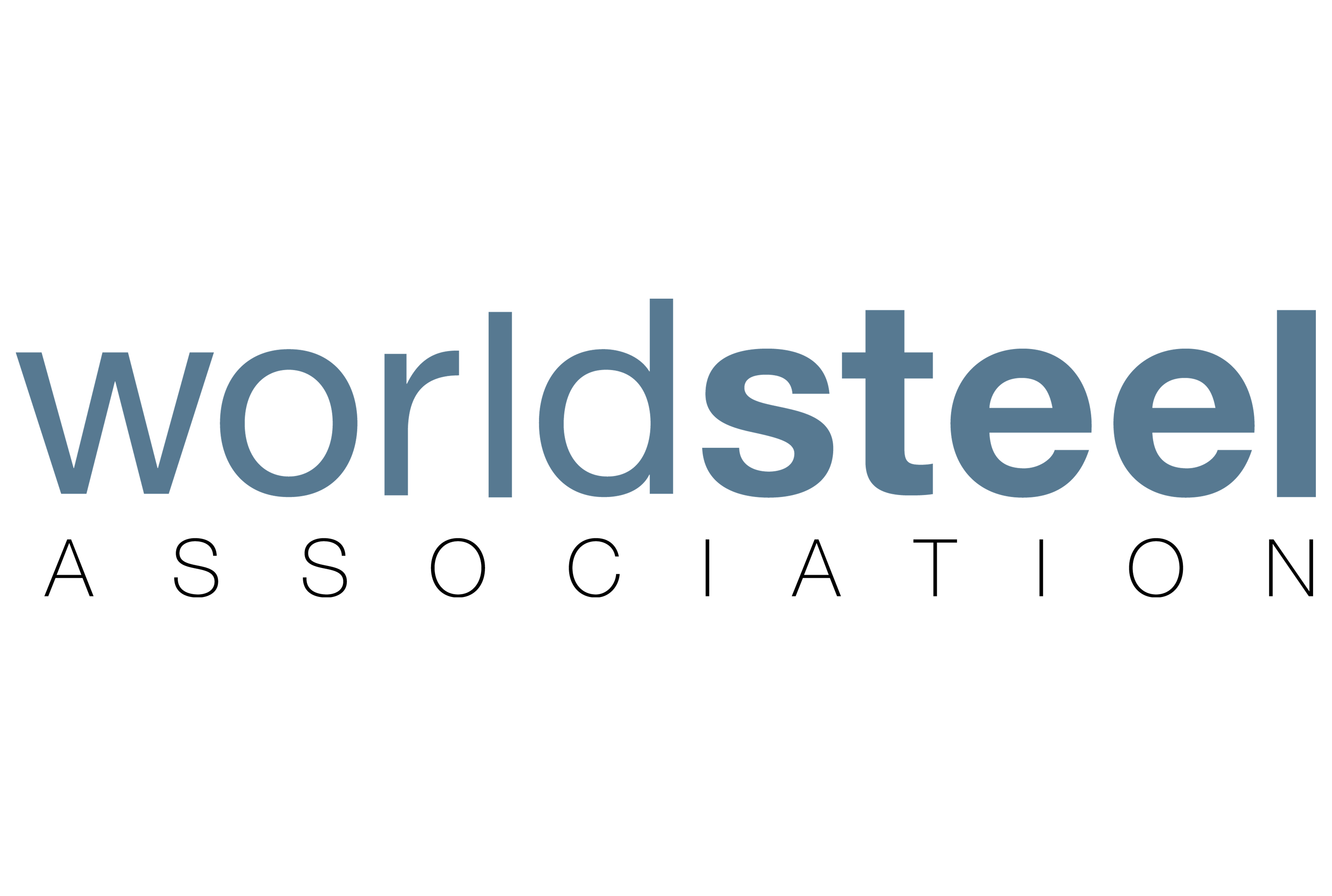Market Segment
July 24, 2024
Topalian puts focus on "unfair" trade, eyes USMCA partners
Written by Ethan Bernard
Nucor’s top executive expressed concerns over “unfair” trade practices, highlighting increased steel imports from Mexico and Canada.
“Over the last 18 months, we’ve seen a material uptick in steel imported from Mexico and Canada to levels far above historic levels, contrary to the Section 232 agreements with both countries,” Leon Topalian, Nucor’s chair, president, and CEO, said on a second-quarter earnings call on Tuesday.
He noted it’s also clear that China and other countries have been evading the Section 232 tariffs and other duties “by transshipping steel through our neighbors to the North and South.”
Melt-and-pour pact
Topalian lauded the “melt-and-pour” agreement announced earlier this month, in which the US and Mexico agreed to stop the flow of illegally imported steel from China and elsewhere.
“In our view, this was an important first step to stop the surge of steel imports from Mexico and address the problem of circumvention,” Topalian said.
“However, more stringent efforts are needed, and any exceptions to this new requirement, including through the exclusion process, will largely negate the benefits of the agreement,” he added.
Topalian specifically cited remaining concerns about trade practices involving rebar, electrical conduit, and rising fabricated steel products coming in from Mexico.
He urged the US government to continue working with Mexican leaders to address each of these issues.
LTPF 2.0
Additionally, Topalian advocated for Congress to pass the Leveling the Playing Field Act 2.0 (LTPF).
Nucor was among the companies represented by the three steel trade groups (and the USW) that lobbied for tougher trade legislation, including LTPF. The legislation has been introduced into both houses of Congress, and there are hopes Congress will act this year on it.
“We appreciate the bipartisan support that exists for strong trade enforcement,” he said.
Upcoming administration
He was asked what the priority of the new presidential administration should be in January.
Topalian stressed that US trading partners in the USMCA, Mexico and Canada, should respect the tariff-rate quotas (TRQs) that are currently in place.
“We’ve looked at the fabricated steel products sector over the last several years that has more than doubled its import levels from about 1 million, 1.2 million tons,” he said.
“We believe that’s closer to 2.4 million tons today. That has got to get curbed. That has got to get brought under control,” he added.
Topalian concluded by saying Nucor will “continue to advocate vocally, and in Washington – regardless of the administration – to create a level playing field that protects this industry from illegally-dumped, subsidized steels.”
While Mexico has been the focus of much market chatter recently. SMU reached out to Nucor regarding the situation on imports from Canada. That request was not returned by the time of publication.







